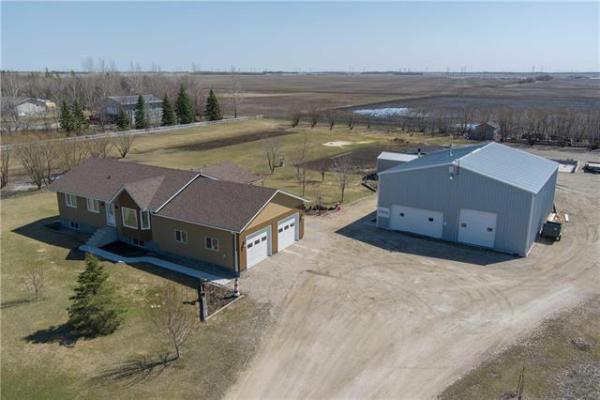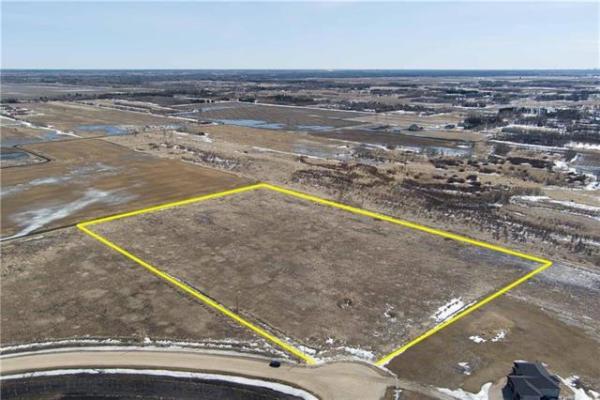ANSWER -- Gee, I'll bet you also read some of those ads for engine additives or minor car modifications that can increase your gas mileage by 500 per cent or so and don't believe them either!
Good for you. The choices available to homeowners to save energy are indeed often difficult to fully understand and they can be very hard to compare with other options. You can save energy by buying a $4 can of spray sealant and fixing the holes and cracks in your walls to stop unwanted airflow, but you can also buy a high-efficiency air conditioner for a few thousand dollars that will also save you money every month. Both can be good choices and terrific investments, but you need to decide which ones are best for you at this particular time.
I think if you asked anyone in the energy field about ways to make the right energy purchases, most would agree that you start by figuring out what you have now. Your local utility company probably offers free or very low-cost audits, and there are many professionals in all parts of the country who can be hired to do a very detailed analysis of your home to identify problem areas and opportunities for big improvements. Many homeowners even conduct basic home energy audits themselves, putting down on paper such information as the age and condition of kitchen appliances, the level of insulation in the attic, how well windows seal and how tightly doors shut, and many other features of the home.
Your budget is obviously the main factor in determining what you do now and what you put off until later. Spending the money now to buy energy-efficient appliances means you'll start saving energy now, helping pay back the purchase price of the products sooner. But because so much of energy efficiency is home comfort as well as dollar savings, you've got to also consider factors of your home that need to be fixed now. If you've got a beautiful family room that can't be used in cold weather because it never warms up in there, a large sunroom that overheats terribly in warm weather, or even carpets or furniture that are fading in color because the sun beats down on them every day, then these problems need to be considered as priorities.
I hear often from readers who tell me that their energy bills are sky-high but their old freezer still works OK or they just don't use the heater that often to justify a new one or they'd like to put in energy-efficient light bulbs but they just can't spend so much money on them. When you think about how much time you spend in your home, then it makes a lot of sense to me to keep that home comfortable, enjoyable, and affordable to operate and maintain.
Some of your problems can be fixed a lot more cheaply than you might realize. Maybe your windows are leaking and let in lots of outdoor air. Storm windows can reduce or eliminate this problem without having to buy new windows. A poorly operating heating system can often be improved simply by changing a dirty filter. Furniture that blocks air vents can be moved to improve the flow of cooled or heated air throughout your home. Cleaning the coils on the back of your refrigerator once or twice a year can help it operate more efficiently.
--McClatchy-Tribune Information Services



